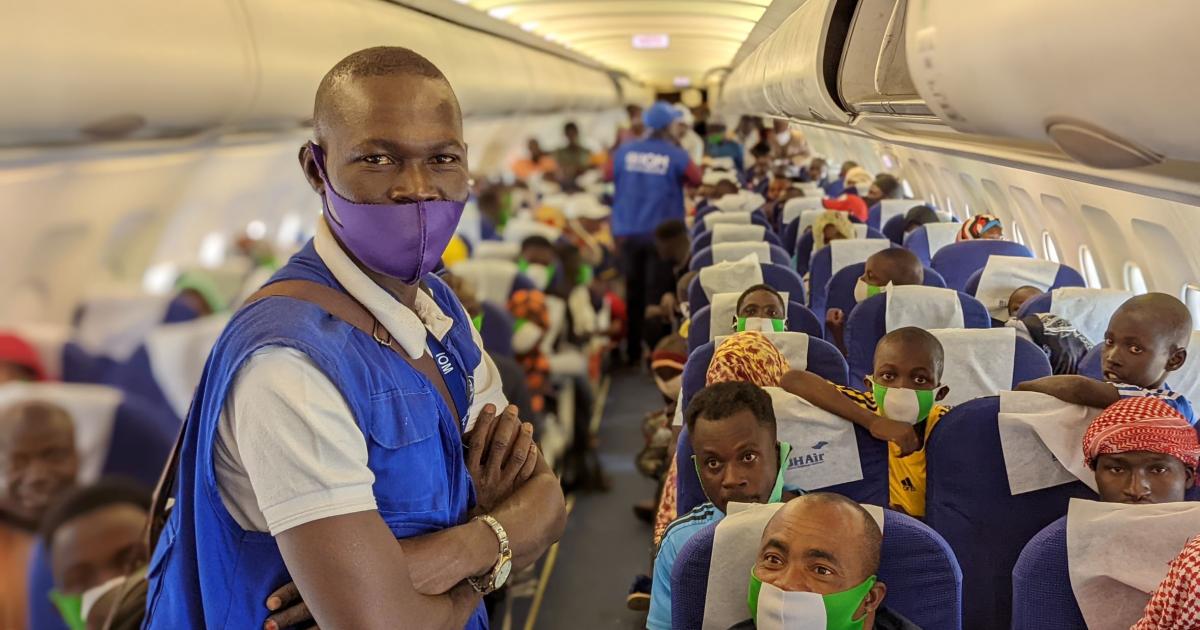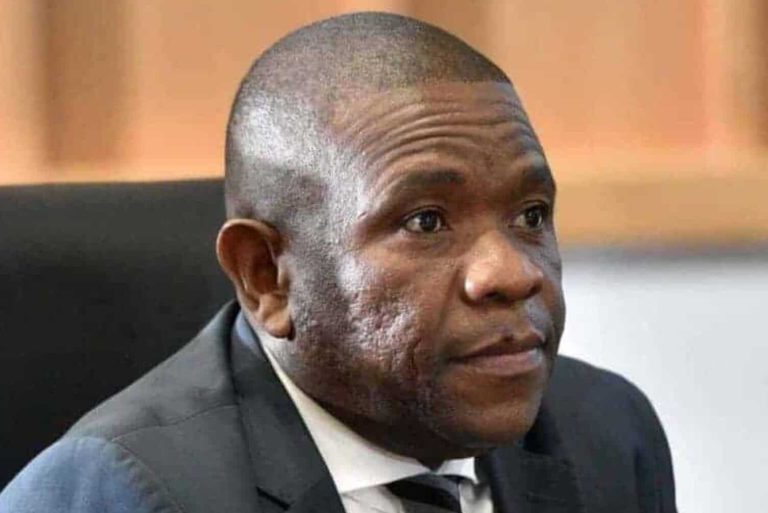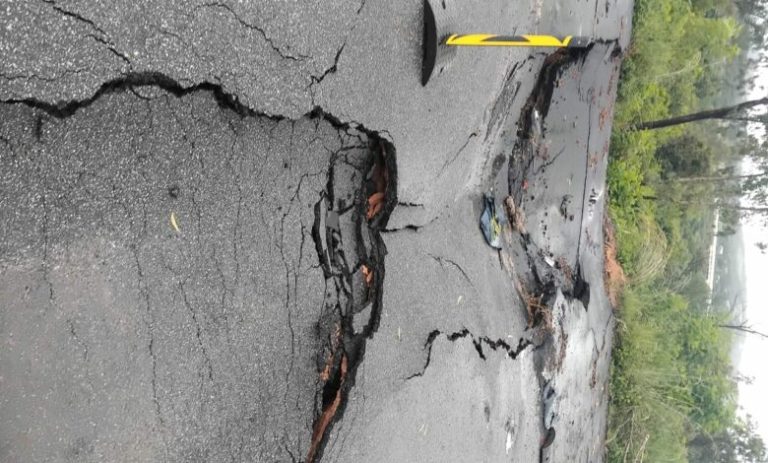
The International Organization for Migration (IOM) has successfully facilitated the safe return of 151 stranded Nigerian nationals from war-torn Sudan under its Voluntary Humanitarian Return (VHR) programme.
The returnees arrived in Nigeria aboard a chartered flight, marking the third evacuation operation this year, as Sudan’s protracted conflict continues to fuel what is now the world’s largest displacement crisis, with nearly 10 million people uprooted.
The returnees, many of whom had endured months of hardship, faced dire conditions in Sudan — from disrupted access to food, water, and healthcare to constant threats to their personal safety. Among them were university students forced to abandon their studies and elderly persons who had lost their livelihoods to the escalating violence.
“Today signals a new beginning and the first step towards recovery for these migrants,” said Paola Pace, IOM Nigeria’s Deputy Chief of Mission. “It is our collective responsibility to ensure they receive the support they need to rebuild their lives with dignity and hope.”
The operation was carried out in collaboration with the Sudanese Passport and Immigration Authorities, who ensured safe and orderly departure procedures, while the Nigerian Embassy in Sudan provided essential consular support, including identification, travel documentation, and assistance for those in distress.
Upon arrival in Nigeria, the returnees will receive comprehensive post-arrival support ranging from medical screening, mental health and psychosocial services, vulnerability assessments, and counselling, to immediate essentials such as meals and temporary shelter.
In the longer term, IOM and its partners will offer business skills training and reintegration support to help returnees rebuild their livelihoods and become self-reliant.
This latest evacuation underscores the urgency of responding to the humanitarian fallout in Sudan, where millions remain trapped in a devastating conflict.
Since the crisis erupted in 2023, IOM has facilitated the evacuation of thousands of stranded migrants, including third-country nationals, ensuring that all returns are voluntary, safe, and dignified.
The operation was made possible through the support of the European Union, under the Migrant Protection, Return and Reintegration Programme for Sub-Saharan Africa (MPRR-SSA).



